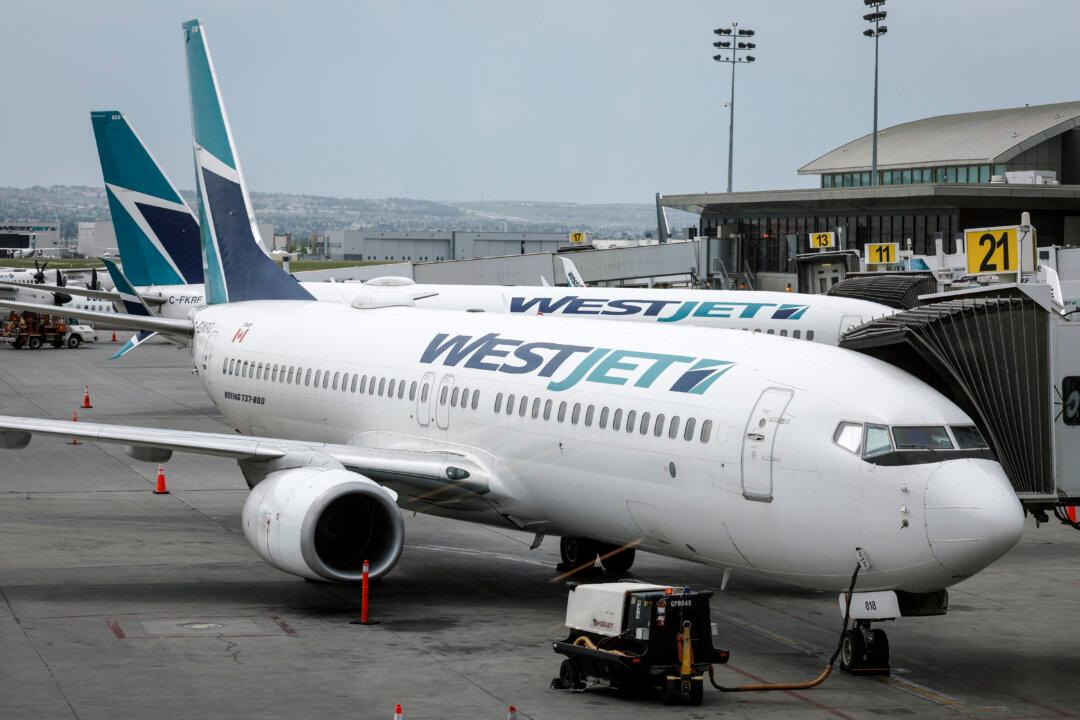WestJet continues to deal with fallout from a three-day strike by its unionized airline mechanics that left aircraft grounded across the country and forced the cancellation of more than 1,000 flights.
The Calgary-based airline began to ramp up its operations as of midnight July 1, but the company continues to warn passengers further cancellations will be required “over the coming days.”





